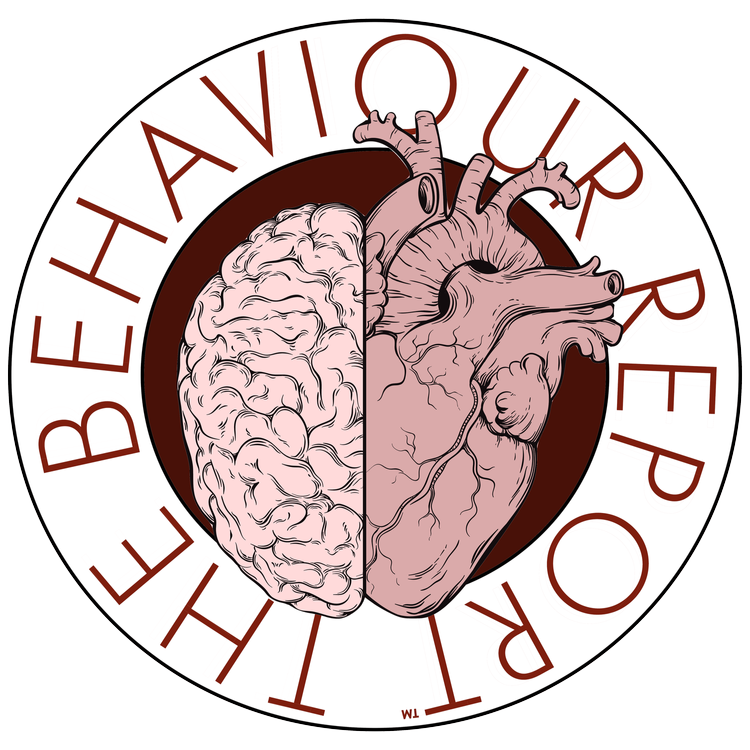Kieran Flanagan @ThinkKieranF
On October 8th, 2019, Senior Correspondent with the Australian Financial Review, Aaron Patrick, wrote an article suggesting that Australia had an innovation deficit.
The title of his article was, “Australia is rich, dumb and getting dumber.” Certainly, a sensationalist headline, however Patrick was referencing a study published by Harvard economist, Ricardo Hausmann, comparing Australia’s economic complexity to that of Bangladesh, Cuba, Iran, Mali and Turkmenistan, even though both our gross wealth and net wealth per capita is rather different to those on the rest of the list. Patrick also compared Australia with close neighbour Singapore, who, in the innovation stakes, is kicking some serious goals.
Now, if we set aside the patriotic knee-jerk response to defend ourselves with “Yeah but…" arguments, there might be something we can learn from this assessment if we address it openly and, perhaps, less emotionally. Particularly when you consider that Patrick also reported that 70% of our foreign exports come from mineral and energy sales, and that when you add in wool, food, alcohol, tourism and metal products this rises to 99%. In this light, it’s not hard to make the case that we are a generation of rich kids spending our inheritance rather than adding value.
Which is not to say that there is no innovation within these sectors or within Australia more broadly, simply that, in lay terms, we’re rich because China wants our dirt and we rely more on our natural resources than we do on our people’s resourcefulness.
So, if we’re doing OK financially, despite being “dumb,” why should we care?
Is Australian really dumb?
Ignorance and stupidity are, of course, very much dependent on the metric you use to assess them.
There’s a famous quote that is often attributed, despite a lack of evidence, to Albert Einstein, “If you judge a fish by its ability to climb a tree, it will live its whole life believing that it is stupid.”
However, if we choose as our metric an ability to innovate, to add value, to develop new business models and industry sectors, it might just be that we actually are the kid at the back of the class eating Perkin’s paste!
This should in no way be seen as a judgment on our capacity to innovate, nor of the intellectual talent we possess as a nation, simply that we are not realising that potential to the extent that we could.
Accelerating change demands new thinking
Perhaps a more charitable assessment than “dumbness” might be that we are comfortable, or even lazy. When times are good, and they have been for most Australians for the past 50 or so years, we tend not to want to rock the boat, to challenge the status quo or to reinvent the way things are working.
However, change is inevitable and in business, a capacity to be proactive in the face of change is critical.
This is even more true when the changes are manifold - the economic and environmental sustainability of minerals is being challenged globally, the world economy is watching a street fight between China and the US as well as the UK and Europe and there has been a global slowdown more broadly. All are concerning for the near and far future of the Australian economy and businesses.
In other words, we might need to prop up that “inheritance" with some innovation skills.
Competencies are often time dependent
So far we’ve talked about the economy and business at a macro level, but this also affects us at a micro level also. As much as our corporate, government and social organisations need to innovate, we as individuals must do the same.
Simply crossing our fingers and hoping our personal educations will remain relevant is a grave error and we must all commit to a lifetime of education. This also requires a particular focus on innovation, creativity and complex problem solving, according to the World Economic Forum’s Future of Work Study published in 2016 as well as the research my business partner, Dan Gregory, and I conducted for our 2019 book, Forever Skills.
Value demands remain but how they are met will shift
This is not to say that what we currently do and who we currently are is of no future value, in fact, the value we create is what we should focus on while expanding than how this value is achieved. A useful question might be, given that the world’s energy needs currently feed our economy, how else might we be producing this energy? And so on with other current industries and sectors
Rather than being caught up defending current business models and existing work roles, being able to transform our industries, creating additional revenue streams and more interesting work is a critical consideration.
To remain relevant (and rich) we cannot afford the luxury of being “dumb”
Whether or not you accept Hausmann's assessment of Australia’s “dumbness” or not really doesn't matter.
What is important is the fact that if we want to remain relevant, impactful and vibrant as an economy and culture, we need to be more innovative in our work and more transformative in our leadership.
And I, for one, believe we are more than capable of achieving both!
